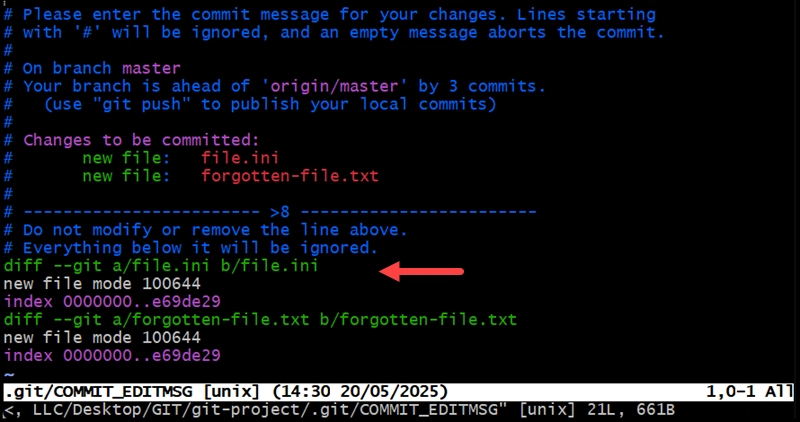Kubernetes (K8s) has long been the gold standard for container orchestration, enabling scalable and resilient cloud-native applications. However, despite its dominance, some companies are reevaluating their dependence on Kubernetes.
In this article, we’ll explore why businesses are stepping back from K8s and what alternatives they’re adopting instead.
- Complexity and Steep Learning Curve Kubernetes is powerful but notoriously complex. Managing clusters, networking, storage, and security requires deep expertise. Many teams struggle with:
Operational overhead (debugging, upgrades, scaling)
YAML configuration fatigue (endless manifests and Helm charts)
High cognitive load for developers who just want to deploy apps
Smaller teams or startups with limited DevOps resources often find Kubernetes overkill.
- High Operational Costs While Kubernetes itself is open-source, running it efficiently isn’t cheap:
Infrastructure costs (nodes, load balancers, persistent storage)
Managed K8s services (EKS, AKS, GKE) can be expensive at scale
Hidden costs in debugging, monitoring, and cluster maintenance
For some, serverless or PaaS solutions (like AWS Fargate, Heroku, or Fly.io) offer better cost efficiency.
- Over-Engineering for Simple Use Cases Not every app needs Kubernetes. Many companies adopted K8s prematurely, only to realize:
Their apps didn’t require auto-scaling or multi-cloud deployments
A simpler solution (Docker Compose, serverless) would suffice
Added complexity slowed development rather than accelerating it
- Alternative Solutions Are Maturing The cloud ecosystem now offers simpler alternatives:
Serverless platforms (AWS Lambda, Cloudflare Workers)
Managed container services (AWS App Runner, Google Cloud Run)
Lightweight orchestration (Nomad, Docker Swarm)
These reduce the need for in-house Kubernetes expertise.
- Developer Experience (DX) Suffers Developers often find Kubernetes:
Adds friction to local development
Requires excessive YAML for simple tasks
Makes debugging harder due to abstraction layers
Teams are shifting toward tools that prioritize productivity over infrastructure flexibility.
When Does Kubernetes Still Make Sense?
Despite these challenges, Kubernetes remains strong for:
Large-scale microservices architectures
Hybrid or multi-cloud deployments
Companies with dedicated platform/DevOps teams
Final Thoughts
Kubernetes isn’t going away, but it’s no longer a one-size-fits-all solution. Businesses are now weighing whether its benefits justify the complexity and cost.
For many, simpler alternatives strike a better balance between scalability and productivity.
What’s your experience? Are you sticking with Kubernetes or exploring alternatives? Let’s discuss in the comments!
Attribution Note:
This article was inspired by Why Companies Are Leaving Kubernetes on DevOpsCube. Be sure to check out the original piece for additional insights!
